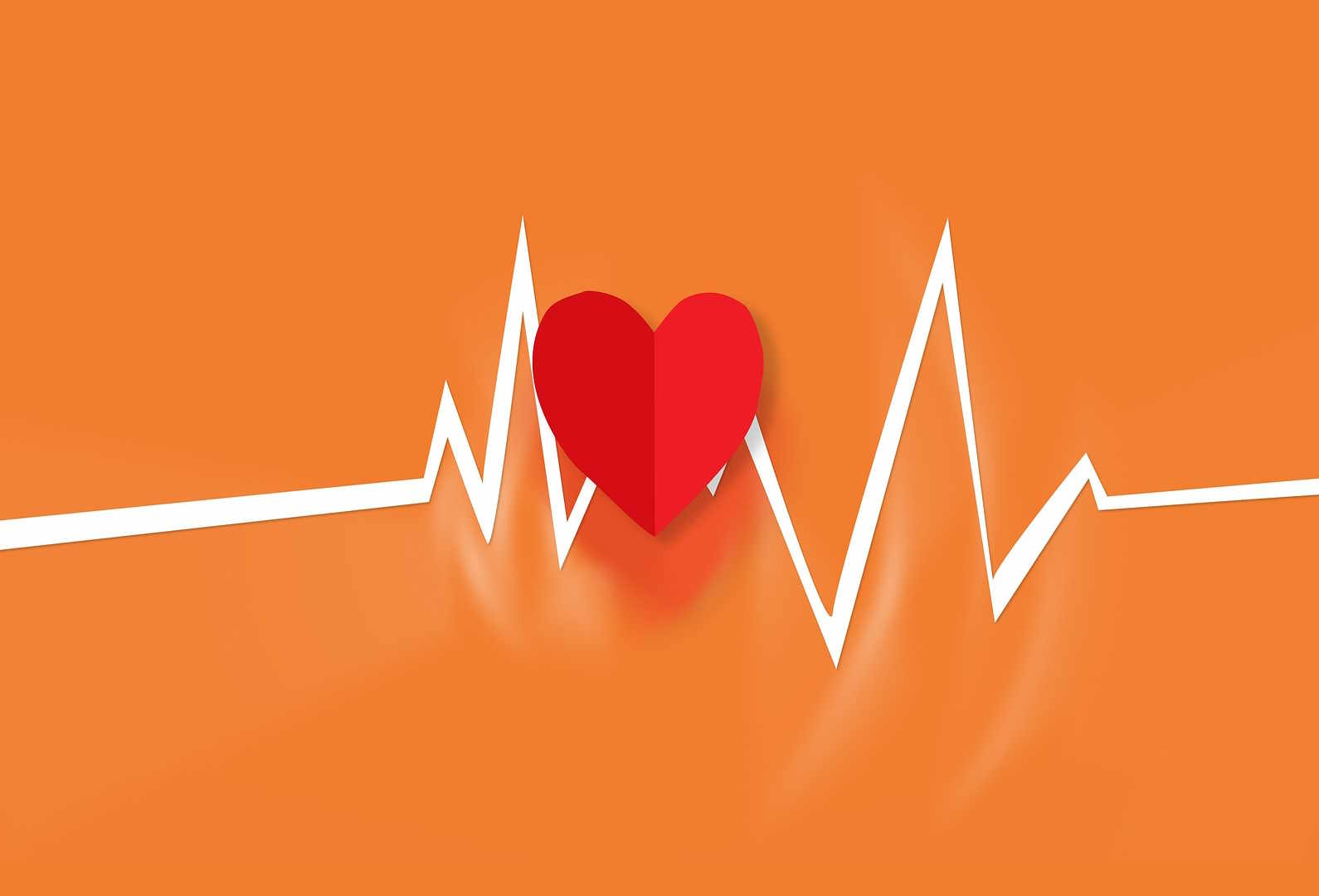Understanding Heart Failure Treatment Options and Early Detection
Heart failure is a serious condition that affects millions of people worldwide, requiring timely intervention and ongoing management. Recognizing the warning signs early and understanding available treatment options can significantly improve quality of life and outcomes. This comprehensive guide explores the symptoms to watch for, diagnostic approaches, and modern treatment strategies that help patients manage this chronic condition effectively.

Heart failure occurs when the heart cannot pump blood efficiently enough to meet the body’s needs. Despite its name, heart failure doesn’t mean the heart has stopped working entirely, but rather that it’s working less effectively than it should. Modern medicine offers various treatment approaches that can help manage symptoms, slow disease progression, and improve patient outcomes. Understanding these options, along with recognizing early warning signs, is essential for anyone concerned about cardiovascular health.
What Are the Early Heart Failure Signs to Watch For?
Recognizing heart failure in its early stages can make a significant difference in treatment effectiveness. Common early signs include persistent fatigue that doesn’t improve with rest, shortness of breath during routine activities or while lying down, and unexplained weight gain due to fluid retention. Many people also experience swelling in the ankles, legs, or abdomen as fluid accumulates in the body’s tissues. A persistent cough or wheezing, particularly when lying flat, can indicate fluid buildup in the lungs. Some individuals notice a reduced ability to exercise or perform daily tasks they once managed easily. These symptoms often develop gradually, which is why they’re sometimes dismissed as normal aging or being out of shape. However, if you experience any combination of these signs, it’s important to consult a healthcare provider for proper evaluation.
Here Are 10 Signs of Heart Disease You Should Never Ignore
Beyond early heart failure indicators, there are broader signs of heart disease that warrant immediate attention. Chest discomfort or pain, often described as pressure, squeezing, or fullness, is perhaps the most recognized symptom. Pain or discomfort in the arms, back, neck, jaw, or stomach can also signal cardiac problems. Unexplained nausea, lightheadedness, or cold sweats, especially when combined with other symptoms, should not be dismissed. Irregular heartbeat or palpitations that feel like your heart is racing, fluttering, or skipping beats require medical evaluation. Extreme fatigue that interferes with daily activities, particularly if it’s new or worsening, may indicate heart problems. Difficulty breathing, whether during activity or at rest, is another critical warning sign. Swelling in the extremities, persistent indigestion or heartburn-like sensations, and snoring or sleep apnea can all be connected to cardiovascular issues. Finally, unexplained anxiety or a sense of impending doom, particularly when accompanied by physical symptoms, should prompt immediate medical attention. Not everyone experiences all these symptoms, and they can vary between men and women.
Why Is a Heart Health Check Essential for Early Detection?
Regular heart health assessments are crucial for identifying problems before they become severe. A comprehensive heart health check typically includes blood pressure measurement, cholesterol level testing, blood glucose screening, and body mass index calculation. These baseline measurements help healthcare providers assess your cardiovascular risk factors. Many people with early-stage heart disease have no symptoms at all, making routine screening particularly important for those with risk factors such as family history, diabetes, high blood pressure, obesity, smoking history, or sedentary lifestyle. Electrocardiograms can detect irregular heart rhythms and other electrical abnormalities, while echocardiograms use ultrasound to visualize heart structure and function. Stress tests evaluate how your heart performs under physical exertion. For individuals over 40 or those with multiple risk factors, annual heart health checks are often recommended. Early detection through regular screening allows for lifestyle modifications and medical interventions that can prevent progression to more serious conditions like heart failure.
What Treatment Options Are Available for Heart Failure?
Heart failure treatment typically involves a combination of lifestyle changes, medications, and sometimes medical procedures or devices. Lifestyle modifications form the foundation of treatment and include reducing sodium intake, limiting fluid consumption, maintaining a healthy weight, engaging in appropriate physical activity, quitting smoking, and managing stress. Medication therapy often includes ACE inhibitors or ARBs to relax blood vessels and reduce heart workload, beta-blockers to slow heart rate and lower blood pressure, diuretics to reduce fluid buildup, and aldosterone antagonists to help the body eliminate excess sodium and water. Some patients may benefit from newer medications like SGLT2 inhibitors or ARNI combinations. For more advanced cases, medical devices such as implantable cardioverter-defibrillators, cardiac resynchronization therapy devices, or ventricular assist devices may be necessary. In severe cases, heart transplantation might be considered. Treatment plans are highly individualized based on the type and severity of heart failure, underlying causes, other health conditions, and patient preferences.
How Can You Support Your Heart Health Long-Term?
Maintaining heart health requires ongoing commitment to healthy habits. A heart-healthy diet rich in fruits, vegetables, whole grains, lean proteins, and healthy fats while limiting saturated fats, trans fats, sodium, and added sugars is fundamental. Regular physical activity, as approved by your healthcare provider, strengthens the cardiovascular system. Aim for at least 150 minutes of moderate-intensity exercise weekly, though any movement is better than none. Managing other health conditions like diabetes, high blood pressure, and high cholesterol is essential, as these directly impact heart health. Adequate sleep, typically seven to nine hours nightly, supports cardiovascular function and overall health. Stress management through techniques like meditation, yoga, deep breathing, or counseling can reduce strain on the heart. Regular follow-up appointments with healthcare providers ensure that any changes in condition are caught early and treatment plans are adjusted as needed. Adhering to prescribed medications and monitoring symptoms daily helps patients stay engaged in their own care.
What Should You Discuss With Your Healthcare Provider?
Open communication with your healthcare team is vital for effective heart failure management. Prepare for appointments by tracking your symptoms, including when they occur, their severity, and any triggers you’ve noticed. Bring a list of all medications, supplements, and over-the-counter products you’re taking, as interactions can affect treatment. Discuss any side effects you’re experiencing from current medications, as adjustments may be possible. Ask about your specific type of heart failure, its severity, and prognosis so you understand your condition. Inquire about warning signs that require immediate medical attention versus those that can wait for a scheduled appointment. Discuss lifestyle modifications specific to your situation, including safe exercise levels, dietary restrictions, and fluid limits. If you’re considering complementary therapies, discuss these with your provider to ensure they won’t interfere with your treatment. Understanding your treatment plan fully, including the purpose of each medication and the goals of therapy, helps you stay committed to your care regimen.
This article is for informational purposes only and should not be considered medical advice. Please consult a qualified healthcare professional for personalized guidance and treatment.




